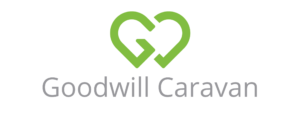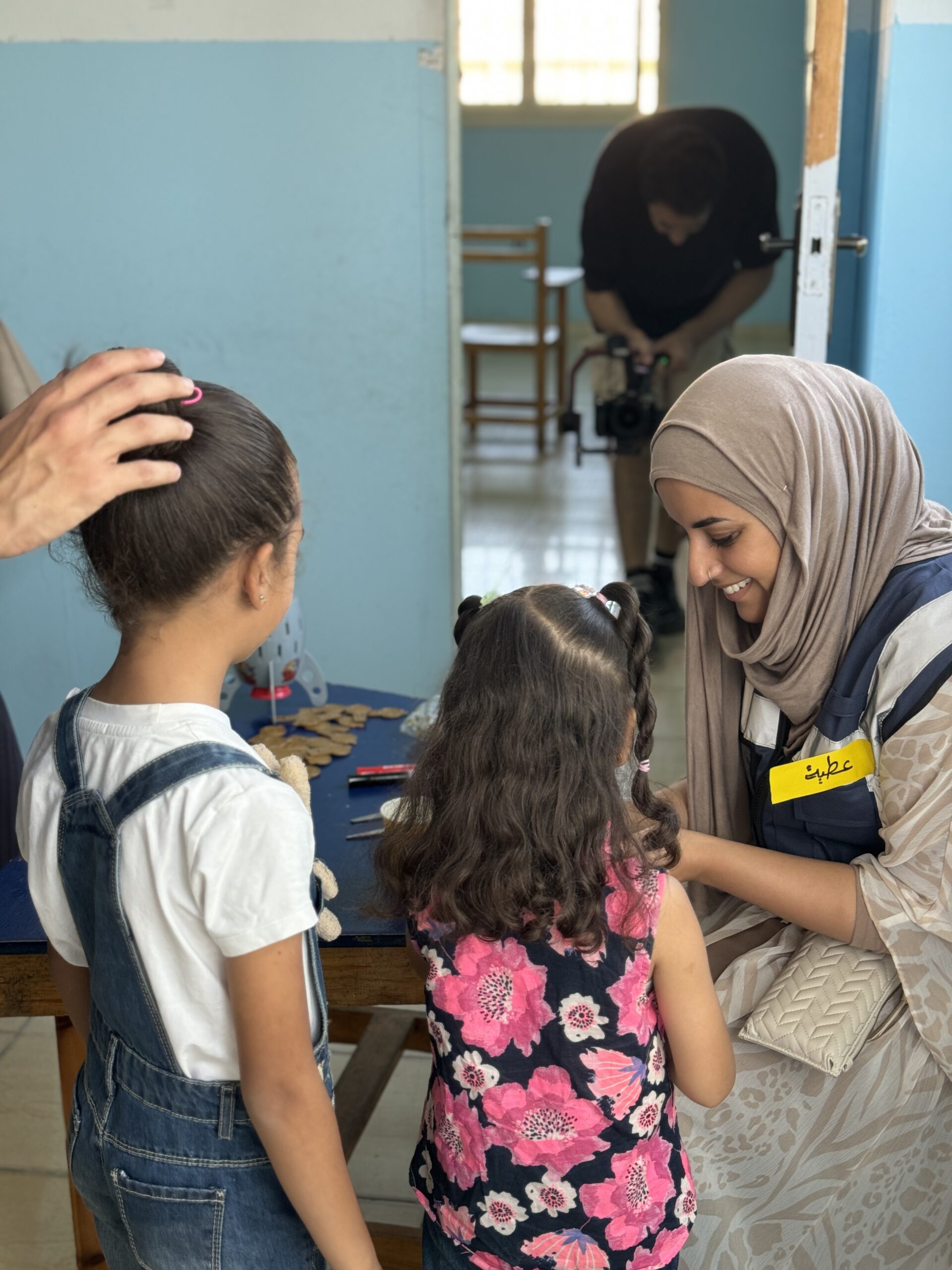Zakat vs Sadaqa: Understanding the Difference?
Zakat vs Sadaqa: Understanding the Difference and Why the Goodwill Caravan Charity Policy Matters
In Islam, charity holds a place of high importance, acting as a pillar of faith and a pathway to social justice. Among the many forms of charity, zakat and sadaqa are the most widely practiced. While both involve giving to those in need, their principles, obligations, and purposes differ. Understanding these differences not only helps Muslims fulfill their religious duties correctly but also empowers them to make sure their donations are truly impactful—especially when choosing which charities to support.
Goodwill Caravan is a non-profit humanitarian charity dedicated to supporting vulnerable populations, particularly refugees and displaced families, by providing essential services such as shelter, food, legal, and medical support. Regarding their Zakat policy, Goodwill Caravan emphasizes 100% compliance with Islamic guidelines, ensuring full transparency and maximum impact. They state that Zakat donations are distributed in the most effective way possible to assist those in need.
Let’s explore the key similarities and differences between zakat and sadaqa, and why how a charity uses your donation matters just as much as the donation itself.
What Is Zakat?
Zakat is one of the Five Pillars of Islam, making it a mandatory act of worship for every eligible Muslim. The word zakat literally means “purification” and “growth.” It refers to the act of purifying one’s wealth by giving a fixed portion of it to those in need.
Key Features of Zakat:
- Obligatory: Zakat is compulsory for Muslims who meet the nisab (minimum wealth threshold).
- Fixed Rate: The standard rate is 2.5% of savings and assets held for over one lunar year.
- Eligibility Criteria: Only certain groups are eligible to receive zakat, as defined in the Qur’an (Surah At-Tawbah, 9:60).
- Specific Purposes: Zakat must be distributed among eight categories, including the poor, the needy, those in debt, and others serving in the cause of Islam.
- Time-Bound: Muslims usually pay zakat annually, often during Ramadan, a time when rewards are multiplied.
Zakat is not a charitable choice—it is a religious obligation. Not paying zakat when due is considered a serious neglect of one’s faith.
What Is Sadaqa?
Sadaqa (also spelled sadaqah) is a voluntary form of charity. Unlike zakat, sadaqa can be given at any time, in any amount, and to anyone in need.
Key Features of Sadaqa:
- Voluntary: Sadaqa is not required but is highly encouraged as a way to gain spiritual rewards.
- Flexible: There’s no set amount, frequency, or time to give sadaqa.
- No Eligibility Restrictions: It can be given to any person, cause, or project that benefits humanity.
- Forms of Giving: Sadaqa isn’t limited to money. A kind word, a smile, or helping someone carry groceries can all be sadaqa.
Sadaqa reflects the compassion and generosity at the heart of Islamic teachings. It is an ongoing opportunity for Muslims to connect with God and contribute to the betterment of society.
Key Similarities Between Zakat and Sadaqa
Despite their differences, zakat and sadaqa share some common values and goals:
| Similarity | Explanation |
|---|---|
| Both are acts of worship | Giving, whether obligatory or voluntary, is a spiritual practice to please Allah. |
| Benefit the needy | Both aim to relieve hardship and promote social welfare. |
| Promote wealth circulation | By redistributing wealth, both forms of charity reduce inequality. |
| Encouraged in Qur’an and Sunnah | Islam repeatedly emphasizes the virtues of generosity and helping others. |
| Increase barakah (blessings) | Giving in the way of Allah is believed to bring spiritual and worldly rewards. |
Key Differences Between Zakat and Sadaqa
| Feature | Zakat | Sadaqa |
|---|---|---|
| Obligation | Mandatory | Voluntary |
| Amount | Fixed (usually 2.5%) | Any amount |
| Recipients | Only specific categories | Anyone in need |
| Timing | Annual (based on wealth) | Anytime |
| Purpose | Fulfillment of a pillar of Islam | Additional charity to gain reward |
| Restrictions | Strict rules on calculation and distribution | No formal restrictions |
Understanding these differences is essential for Muslims who want to make sure they are fulfilling their religious obligations correctly while also giving generously beyond the minimum requirement.
The Importance of Charity Transparency
Whether it’s zakat or sadaqa, donating to a trustworthy charity is crucial. A donation is not just money—it’s a sacred trust intended to ease someone’s hardship and uplift their life. However, not all charities operate with the same level of transparency or accountability.
Here’s why donors should care about how their money is spent:
1. Proper Use of Funds
Islamic guidelines specify how zakat must be spent. If a charity misuses zakat—by using it for administrative overhead, or giving it to ineligible recipients—it could mean the donor’s religious obligation isn’t fulfilled.
2. Maximizing Impact
When charities are transparent and efficient, more of your money goes directly to those who need it most. This maximizes the barakah and benefit of your donation.
3. Accountability Builds Trust
Charities with clear policies on how they collect, manage, and distribute donations are more likely to act responsibly and ethically. This builds trust in the community and encourages more giving.
4. Avoiding Exploitation
Unfortunately, some organizations exploit the good intentions of donors. They may use donations for marketing, inflated salaries, or unrelated projects. A good charity provides regular financial reports, lists of programs, and independent audits.
What to Look for in a Charity
Before donating your zakat or sadaqa, consider these guidelines to ensure your contribution is truly impactful:

Always verify that the organization is legally recognized and transparent.

For zakat, check if they follow the eight categories of eligible recipients and Islamic rules of distribution.

While some overhead is necessary, the majority of funds should reach the beneficiaries.

Look for charities that regularly update donors with clear, honest reports on how funds were used.

Ethical leadership and governance are key indicators of a trustworthy organization.

Choose based on your preference, but make sure their efforts align with the needs of the people they claim to serve.
In Islam, Zakat is a mandatory form of charity and one of the Five Pillars. It is an obligation for all adult Muslims who meet the Nisab threshold, which is the minimum amount of wealth a Muslim must have before being obliged to give Zakat. The Quran specifies eight categories of recipients eligible to receive Zakat:
- The Poor (Al-Fuqarā’): Those without sufficient means to live.
- The Needy (Al-Masākīn): Individuals who cannot meet their basic needs.
- Zakat Collectors (Al-Āmilīna ‘Alaihā): Those appointed to collect and distribute Zakat.
- Those Reconciled to Islam (Al-Mu’allafatu Qulūbuhum): Individuals whose hearts are to be won over..
- Captives (Fir-Riqāb): To free those in bondage or slavery.
- Debtors (Al-Ghārimīn): People overwhelmed by debts incurred to meet basic needs.
- In the Cause of Allah (Fī Sabīlillāh): Those striving in the path of God.
- Wayfarers (Ibnu Al-Sabīl): Travelers in need.
These categories are outlined in the Quran (Surah At-Tawbah, 9:60) and further explained in Islamic teachings.
Goodwill Caravan aligns its Zakat distribution with these Islamic principles, focusing on projects such as:
- Sheltering Displaced Families: Providing rent support to shelter families during challenging times.
- Psychosocial Support for Children: Offering programs to support the mental health of displaced children.
- Family Food Packs: Distributing monthly food parcels to families in need.
These initiatives ensure that Zakat contributions directly benefit those eligible under Islamic guidelines, maximizing the impact of each donation.
By choosing to donate Zakat to Goodwill Caravan, donors can be confident that their contributions are managed with transparency and directed towards projects that provide essential support to those most in need, in accordance with Islamic teachings. See our appeals to decide how you would like to donate your zakat this year.
Final Thoughts
Both zakat and sadaqa are cornerstones of Islamic charity—but they serve different purposes. Zakat is a divine duty, meant to purify wealth and fulfill a core obligation, while sadaqa is an act of love, given freely from the heart. At Goodwill Caravan we ensure that when donations are marked for Zakat the donation in it’s entirity goes towards those eligable to receive zakat.
As a donor, it’s not just about how much you give—but how responsibly that money is used. Supporting a charity with a clear, ethical policy ensures your donation—whether zakat or sadaqa—reaches those truly in need and honors the spirit of Islam. Goodwill Caravan have a clear 100% Zakat policy so every penny donateds those in need as Zakat goes to those who need it the most where ever they are in the world.
Fulfilling the obligation of Zakat requires not only the act of giving but also ensuring that the donation reaches those who are rightfully eligible and in a manner consistent with Islamic teachings. Goodwill Caravan’s transparent and dedicated approach provides donors with the confidence that their Zakat is being utilized to uplift and support some of the most vulnerable individuals, embodying the true spirit of this pillar of Islam.
So next time you donate, ask not just how much—but how well your charity does its job. After all, in Islam, intention matters—but so does impact.
May Allah accept our giving, purify our wealth, and help us uplift others with sincerity and wisdom. Ameen.

